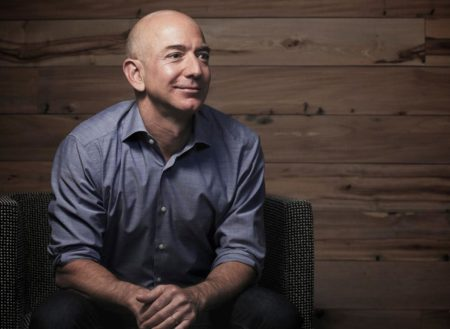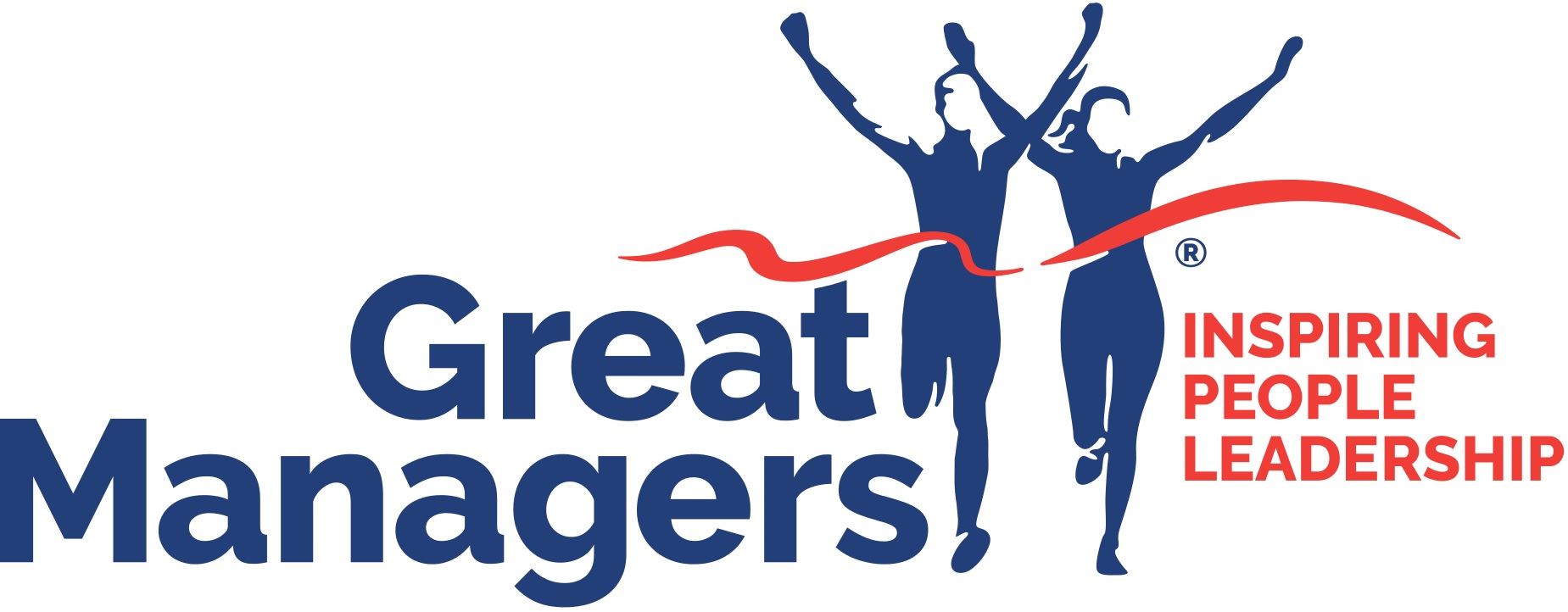 For the past 23 years, Jeff Bezos has served as the CEO of Amazon. In November 2017, Forbes named him the richest man in the world. They estimated his net worth at more than US$100 billion. That was enough to put him above Bill Gates, the previous holder of the top spot.
For the past 23 years, Jeff Bezos has served as the CEO of Amazon. In November 2017, Forbes named him the richest man in the world. They estimated his net worth at more than US$100 billion. That was enough to put him above Bill Gates, the previous holder of the top spot.
“Day 1” vs. “Day 2” Companies
In the opening of his 2017 letter to shareholders, Bezos makes a distinction between Day 1 and Day 2 companies. He first referred to Amazon as a Day 1 company way back in 1997. According to him, Day 1 applies to companies that are on their way up.
Unlike them, Day 2 companies are on their way down. He sees Amazon as a permanent Day 1 company. “Day 2 is stasis. Followed by irrelevance. Followed by excruciating, painful decline. Followed by death.”
In his words, this decline doesn’t have to happen fast. It can play out over several decades. Most businesses will not even notice it happening. But the inevitable final result is always the same.
2017 Letter to Shareholders: Key Lessons
When building culture in the workplace, it’s important to ensure that the company remains in Day 1. In the most recent letter, he shares some pointers on how to achieve this.
It is interesting to know that there’s no mention of money or profit anywhere in the letter yet Amazon grew its gross profit to US $47.72 billion in 2016.
Lesson #1 – Focus on Your Customer

According to Jeff Bezos, customer obsession is one of the keys to staying in Day 1. Of course, companies can choose what they want to focus on. They can focus on their products, technology, or their business model. They might also direct their attention towards beating the competition.
But Amazon’s decision to focus on its customers has proved crucial to its lasting success. Bezos says that even when customers claim they are happy with the service, they are always dissatisfied. As such, it’s up to businesses to come up with new ways to engage them and keep them on board.
This has been the company policy from the get-go. They always aim to create a better service and an easier-to-use interface. After a while, they were also able to offer much lower prices than their competition.
Lesson #2 – Make Decisions Fast
To remain a Day 1 company, it’s not enough to make high-quality decisions. You need to make high-quality decisions fast. This is the go-to approach of Amazon’s senior management.
According to Bezos, this can be tricky, as there’s more room for error. But another hallmark of a great company culture is the ability to solve those issues early on. If you can do it, it may cost you much less than being slow at making a decision.
Sometimes, you also have to trust your team to do something you may not agree with. Bezos calls this approach “disagree and commit.” He cites a recent example where he green-lit a series for his streaming service even though he didn’t have much faith in.
But he did have faith in his team, which made his decision easier. He wrote them a message saying “I disagree and commit and hope it becomes the most watched thing we’ve ever made.”
It’s all rather simple: he believes that his team know what they’re doing. What’s more, had he declined their proposal, they would have wasted a lot of time trying to persuade him. In building a positive workplace culture, you sometimes have to take risks. If experience has taught us anything, it’s that, in the end, some of them might pay off big time.
Lesson #3 – Escalate Misalignment Issues Straight Away
Conflicting views within teams are common in any workplace. Bezos makes it clear that Amazon is no exception to the rule. He dubs these “misalignment issues.” If they go on for too long, they could create a toxic culture in the workplace.
The end result of this process is always the same – exhaustion. According to Jeff Bezos, this is never the smart way to go. “‘You’ve worn me down’ is an awful decision-making process. It’s slow and de-energising. Go for quick escalation instead – it’s better.”
He cited an example from his own experience. This happened when Amazon first toyed with the idea of allowing third-party sellers to feature on their pages. Many found it outrageous to welcome competitors on the site. But instead of delaying it, Bezos decided to act fast.
By doing that, he took an already great company culture to a whole new level. This also ties in with his earlier point. It takes a lot of time to sort out these misalignment issues. Thus, it prevents the senior team from making rapid decisions.
Lesson #4 – Embrace Innovation

Staying on top of current trends is essential to any company’s longevity. Yet according to Bezos, resisting the changes can lead a business into Day 2.
It is much easier for small businesses to do this. At the same time, it could be somewhat problematic for large companies like Amazon. For one, they have many managerial levels that need to approve the change. Then there’s also the scope of their operations and the effect sudden changes would have on them.
Right now, Amazon is focusing on implementing one such change. Bezos says they are exploring artificial intelligence and the power of machine learning.
Some of these changes are rather visible. For example, Amazon has recently started testing air delivery drones.
Lesson #5 – Find Employees Who Think Like Business Owners

Like he always does, Bezos attached the original 1997 letter to his most recent one. In it, we can find one great example of employee development methods. Back then, he claimed that his goal was to find employees who think like business owners.
In the year prior, Amazon hired 450 new full-time employees. Twenty years later, the number has risen to 230,000. There are plans to grow the staff by 100,000 across the world by mid-2018.
Bezos points out that talented and versatile employees are vital to his company’s success. They also have to think of the company instead of themselves. To motivate them, Amazon compensates them in stock options. They are thus not only employees but also owners.
What to Do Next
In the last 23 years, Jeff Bezos has led his company to incredible success. His effective leadership skills have helped him in building a positive workplace culture.
Following his expert advice will enable you to do the following:
- Make smart business decisions with long-term positive effects.
- Create high-performing teams of employees who think like owners.
- Remain the leader in the market by adopting innovations.
Remember that a great manager can DOUBLE the capacity of their people.
Register for our next webinar here to learn more about growing your company and increasing your profits.
